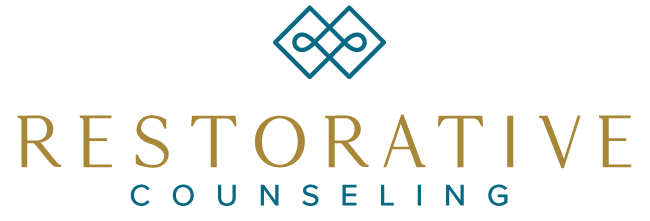Navigating Social Events in Early Sobriety
Practical strategies to help stay sober during the holidays
Choosing sobriety is a powerful commitment, and for those in early recovery, social events—especially during the holiday season—can bring unique challenges. Family gatherings, work parties, or even casual get-togethers may spark anxiety about staying sober while remaining comfortable and connected. With the right mindset and a plan, you can enjoy these events and stay true to your recovery journey. Consider these tips as you continue on your sober journey.
Plan ahead
Preparation is essential for navigating social gatherings successfully. Before attending, take a moment to think about how the event might affect you.
Assess the environment If the event will heavily revolve around drinking or substances, consider whether attending is worth the risk, especially in early sobriety. Protecting your recovery is the highest priority.
Have an exit strategy Set a specific time to leave the event. Having a set plan to exit, along with pre-arranged transportation, empowers you to leave when you feel ready, without feeling pressured to stay.
Have your own transportation Taking yourself to the event allows you to leave when it’s best for you. If you carpool, ensure your companion understands the importance of leaving if you need to.
Bring your own beverage
Having a non-alcoholic drink in hand, like soda or sparkling water, can be a comforting way to fit in without inviting questions about why you’re not drinking. It also helps ease social anxieties by making you feel less conspicuous. Often, others won’t notice or question your choice of drink. Feeling comfortable without substances takes time, and this small step can help.
Develop assertive communication
Communicating your needs clearly and respectfully is key to maintaining boundaries without feeling defensive or apologetic. Practicing assertive communication—where you stand up for yourself directly, honestly, and respectfully—can strengthen your confidence in social settings.
Prepare your responses To avoid feeling caught off guard, plan responses ahead of time. For example, if offered a drink, a simple “No, thank you” or “I’m good for now” is often enough.
Set assertive boundaries Protecting your sobriety means setting boundaries that keep you safe without offending others. Remember, assertive communication is about honoring your choices respectfully, not apologizing for them.
Cope Ahead
The Coping Ahead DBT skill helps you mentally rehearse challenging situations. Imagine the event, think about potential triggers, and visualize how you’ll confidently manage them.
Rehearse what you’ll say Practicing responses to common questions can help you feel more prepared and relaxed.
Know your triggers Recognize potential triggers, whether it's certain people or the presence of substances, and think about strategies to manage them.
Have an emergency exit strategy
Sometimes events reach a point where drinking intensifies, and the atmosphere may become very uncomfortable. Here’s a two-step approach for these situations.
Recognize the signs and act on them Notice changes in the mood, volume, or behavior around you. If it feels too risky, consider leaving early to protect your peace and sobriety.
Prioritize your well-being If the environment feels unsafe or uncomfortable, leaving is a sign of strength, not weakness. Sobriety is more important than staying to prove resilience.
Lean on your support system
Having a support network to rely on can make a world of difference
Bring a friend or ally Attending with someone who supports your sobriety can help you stay grounded. They can also provide encouragement if you feel pressured.
Check in If attending alone, consider checking in with a support person before and after the event for accountability and reassurance.
Remember your reasons for sobriety and celebrate success
The holiday season can bring heightened temptations and pressures. Reflect on why you chose sobriety in the first place. Focus on the deeper reasons you committed to sobriety and stay connected to your ‘why’. Keeping your goals at the forefront can help you navigate any challenging moments.
Each time you attend a social event sober, take a moment to reflect and celebrate that achievement and acknowledge your growth. Sobriety requires courage, and every sober event is a win. Recognizing your progress helps reinforce your commitment. Navigating these situations is no small feat. Each success builds resilience, making future events easier to handle.
The holidays can feel overwhelming, but with these strategies, you’ll be well-equipped to stay true to yourself and your recovery. Be gentle with yourself, and know that, over time, socializing without substances does get easier.


